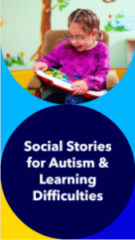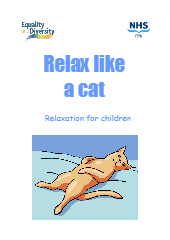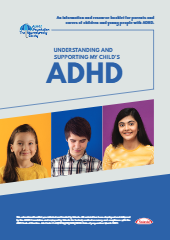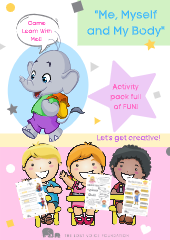
The book “The Big Book of Social Stories” by Morgan Gillum is a resource aimed at helping individuals, particularly those with autism, navigate everyday social situations. It provides a collection of social stories, which are tools designed to facilitate the exchange of information between parents, teachers, therapists, and individuals with autism.
The book emphasizes the importance of reading these social stories in a focused environment with the child, preparing them for various situations and helping them understand what is expected of them. It is a valuable resource for parents, teachers, therapists, and individuals looking to support those with autism in improving their social skills and navigating everyday life challenges.
CONTENTS
- Why a Social Story? Reasoning and research behind the use of social stories.
- How to use a Social Story How to use a social story effectively (strategies) and why it is important.
- Social Stories
- I Will Brush My Teeth
- When I Get Ready
- I Will say “Hello”!
- When my Parents say “NO” …
- I Will Take Turns
- When I Lose
- I Will Stay with Mommy
- When it’s Too Much (Sensory overload)
- Do you Know the Password? (Stranger Danger)
- When I go to School
- When I go to a Restaurant
- When I go to the Park
- When I go to the Grocery Store
- When I go to the Doctor
- When I go to the Dentist
- When I go to Church
- How to make your own social story Guidelines on how to make a social story that is unique to their family (wording, sentence structure, etc.).
- Appendix A: Social story template
- Appendix B: Link to: “Is your Social Story a Social Story”
FREE PDF DOWNLOAD OF THE BIG BOOK OF SOCIAL STORIES – STORIES FOR EVERYDAY LIFE
RELATED FREE RESOURCES
Social Stories for Autism & Learning Difficulties
This collection of social stories is designed to help children with autism and learning difficulties navigate a variety of everyday situations and challenges. The stories cover a wide range of topics, from behavioural issues like screaming and nose picking to self-care practices such as brushing teeth and taking a shower. They also address complex topics like understanding emotions, maintaining personal boundaries, and responding to different social and environmental situations, providing a valuable tool for parents and educators to support children’s learning and development.









